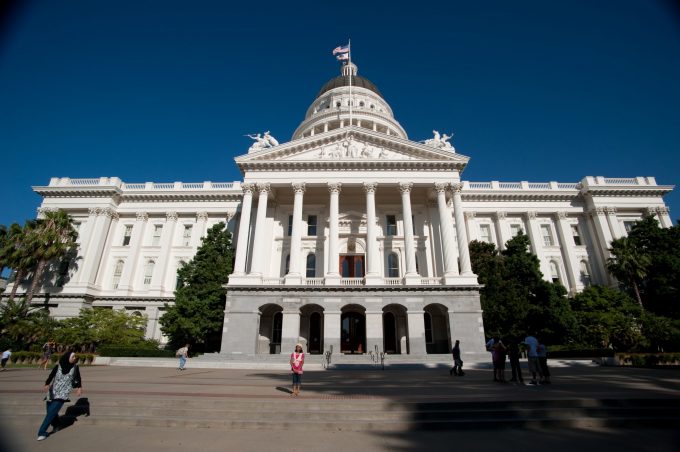Gemini partners on the hunt for scarce chartered tonnage
Pacific International Lines (PIL) has chartered one of its ships to Hapag-Lloyd for three years, ...

In the US, the headwinds ocean carriers are sailing into are increasing in force.
While the push in Washington for reform of the Ocean Shipping Reform Act is targeting antitrust immunity and calling for more curbs on carriers’ ability to impose charges, lawmakers in California are mulling legislation aimed at tightening a law that limits when detention and demurrage (D&D) charges can be levied.
This legal initiative has found broad support from a coalition of trucking and beneficial cargo owner interest groups.
The ...
'Disastrous' DSV-Schenker merger would 'disrupt European haulage market'
New senior management for DSV as it readies for DB Schenker takeover
Volumes set to 'fall off a cliff' as US firms hit the brakes on sourcing and bookings
Asian exporters scramble for ships and boxes to beat 90-day tariff pause
Amazon pushes into LTL for small package fulfilment and UPS does a u-turn
Temporary tariff relief brings on early transpacific peak season
Pre-tariff rush of goods from US to China sees air rates soar, but not for long
'Tariff madness' will prompt renegotiation of ocean shipping contracts

Comment on this article